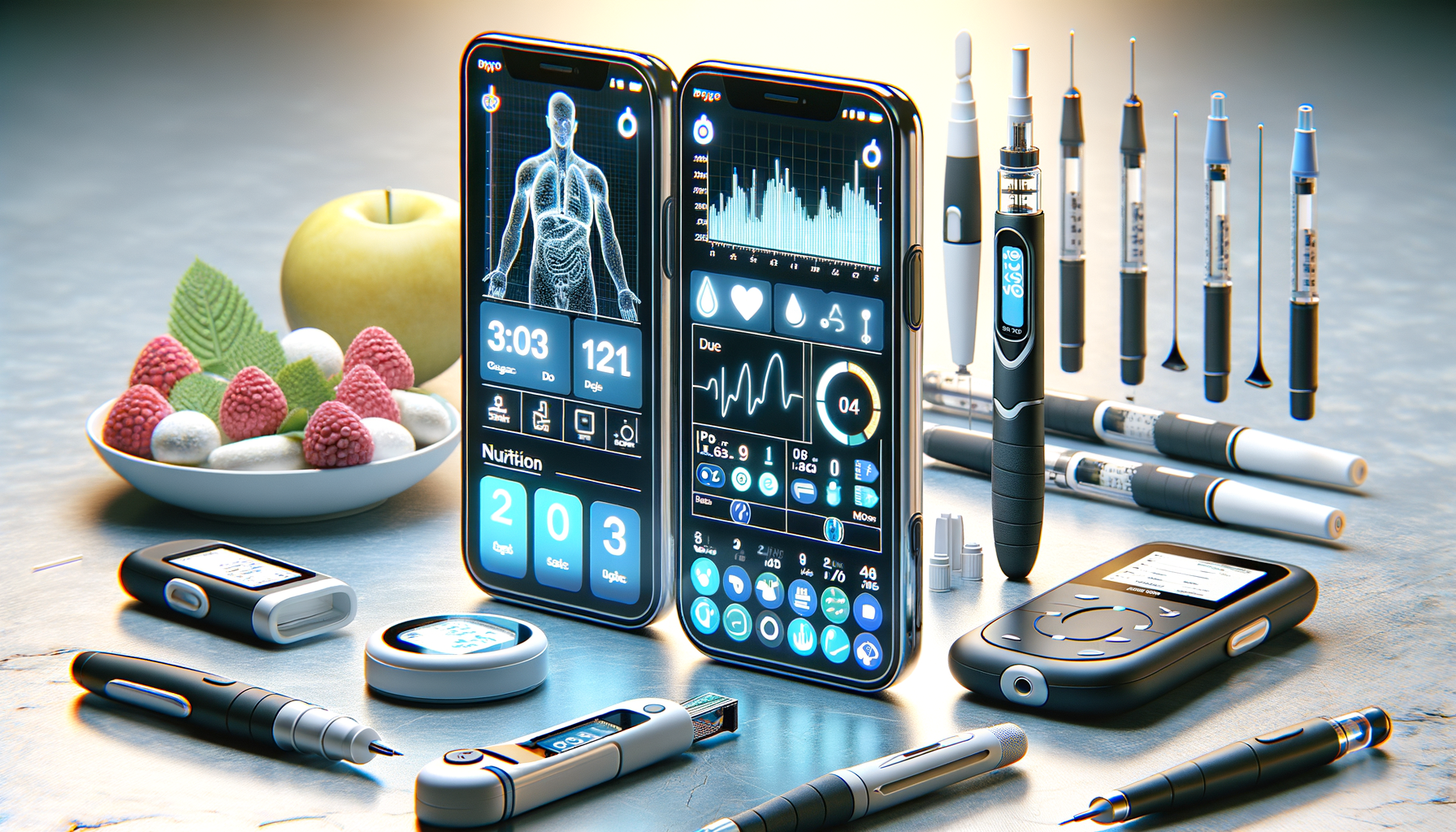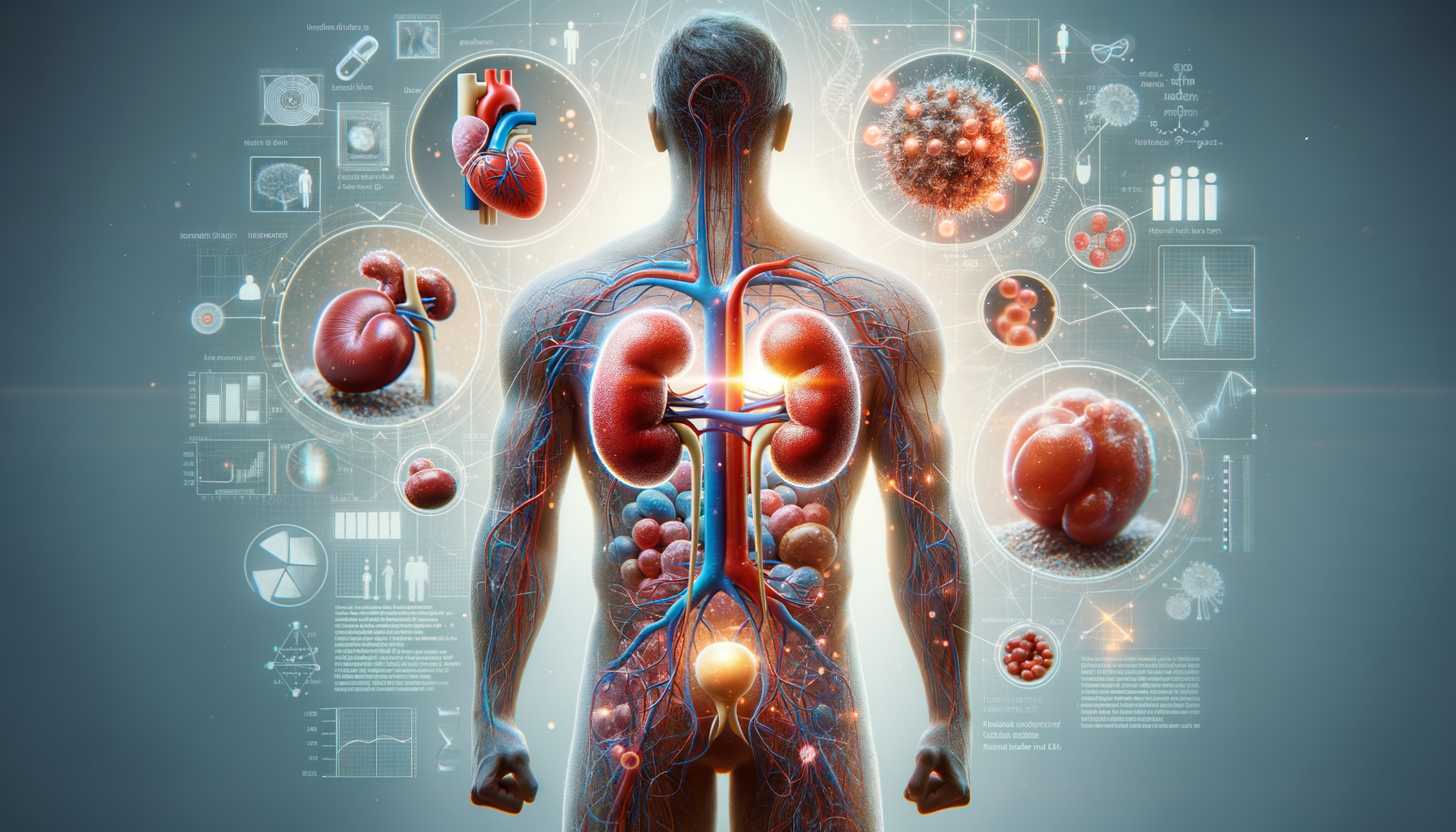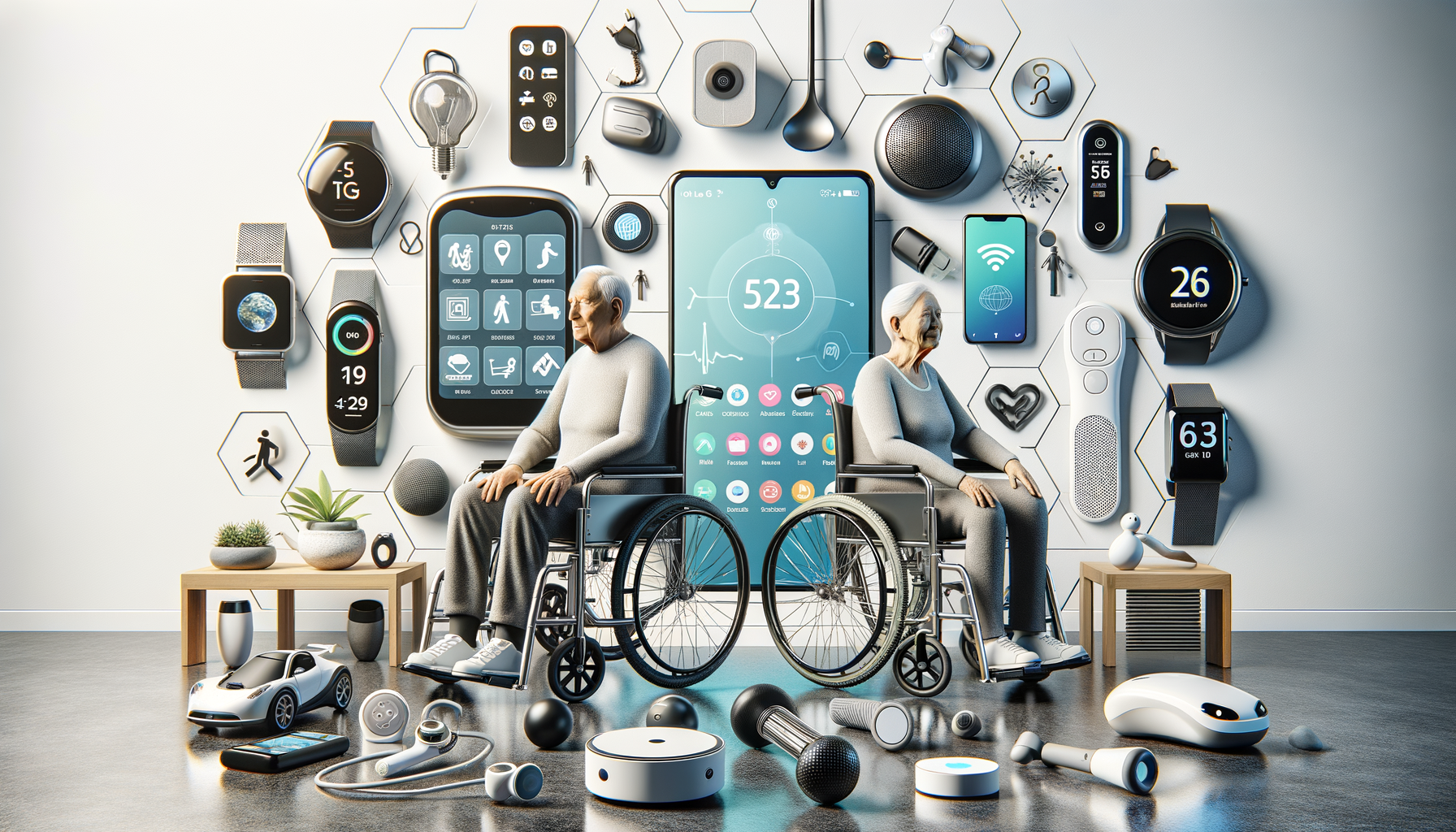Understanding Type 2 Diabetes: A Modern Epidemic
Type 2 diabetes is a chronic condition that affects millions of people worldwide. It is characterized by the body’s ineffective use of insulin, leading to elevated blood sugar levels. Unlike Type 1 diabetes, which is primarily genetic, Type 2 diabetes is often linked to lifestyle factors such as diet, exercise, and weight management. The prevalence of this condition has surged in recent decades, largely due to changes in diet and physical activity levels globally.
The impact of Type 2 diabetes is profound, affecting not just individual health but also public health systems. Complications from unmanaged diabetes can include cardiovascular disease, nerve damage, kidney failure, and vision problems. The economic burden is significant, with billions spent annually on healthcare costs and lost productivity. Despite these challenges, advancements in technology and healthcare practices are offering new ways to manage and even prevent this condition.
The Role of Continuous Glucose Monitors (CGMs)
Continuous Glucose Monitors (CGMs) have revolutionized how individuals manage Type 2 diabetes. These devices provide real-time data on blood glucose levels, allowing for more precise management of the condition. Unlike traditional finger-prick tests, CGMs use a small sensor inserted under the skin that continuously tracks glucose levels. This data can be transmitted to a smartphone or smartwatch, providing users with instant feedback.
The benefits of CGMs are substantial. They allow for better tracking of glucose trends over time, helping users to identify patterns and make informed decisions about diet and medication. Additionally, CGMs can alert users to dangerous highs or lows in blood sugar levels, which can be crucial in preventing complications. As technology advances, CGMs are becoming more affordable and accessible, making them a viable option for more individuals.
Smart Insulin Pens: Precision in Medication Delivery
Smart insulin pens are another technological advancement aiding those with Type 2 diabetes. These devices are designed to make insulin administration more accurate and convenient. They track the timing and amount of insulin doses, helping to reduce the risk of errors that can lead to hyperglycemia or hypoglycemia.
These pens often come with connectivity features that allow users to sync data with mobile applications. This integration provides a comprehensive view of one’s diabetes management, combining insulin data with glucose readings from CGMs. The ability to easily share this information with healthcare providers can lead to more personalized and effective treatment plans.
By improving the accuracy and ease of insulin administration, smart insulin pens represent a significant step forward in diabetes care. They empower individuals to take control of their condition with confidence and precision.
Health Apps: Personalized Diabetes Management
In the digital age, health apps have become an integral part of managing Type 2 diabetes. These applications offer a variety of features, from tracking dietary intake and physical activity to monitoring blood sugar levels and medication schedules. Many apps are designed to work in tandem with devices like CGMs and smart insulin pens, providing a centralized platform for diabetes management.
One of the key benefits of health apps is their ability to personalize the management of diabetes. Users can set goals, receive reminders, and access educational resources tailored to their specific needs. Some apps also offer community features, allowing users to connect with others who have diabetes, share experiences, and offer support.
The convenience and accessibility of health apps make them a valuable tool in the fight against Type 2 diabetes. They encourage proactive management and can lead to improved health outcomes by fostering better adherence to treatment plans and lifestyle changes.
The Future of Diabetes Management
The landscape of Type 2 diabetes management is continually evolving, with technology playing a pivotal role. Innovations such as artificial intelligence and machine learning are being integrated into diabetes care, offering predictive analytics and personalized insights based on individual data. These advancements promise to make management more efficient and tailored to each person’s unique needs.
Furthermore, ongoing research into new medications and treatment methods continues to provide hope for those living with Type 2 diabetes. The development of drugs that target the underlying mechanisms of the disease holds the potential to improve outcomes significantly.
As we look to the future, the combination of technological innovation and medical research offers a promising path forward. By embracing these advancements, individuals with Type 2 diabetes can look forward to a future where managing their condition is more effective, less intrusive, and more in tune with their lifestyles.




Leave a Reply